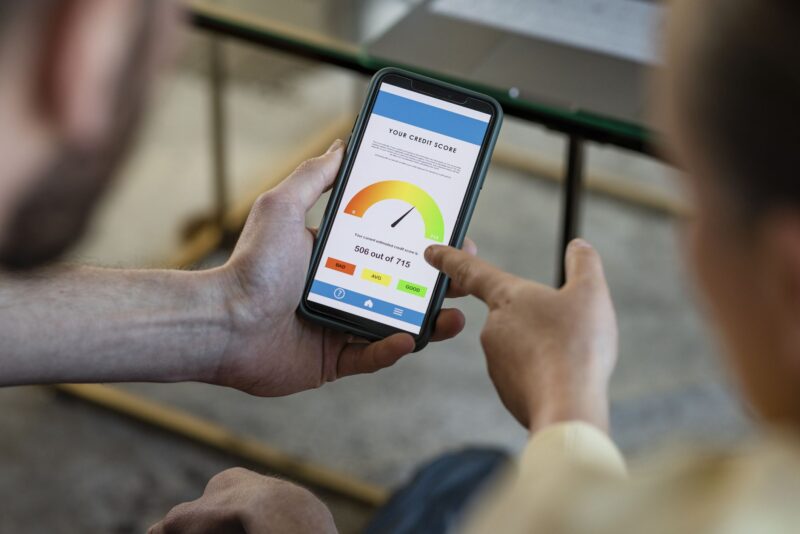When it comes to boosting your credit score, the first step is assessing and addressing existing debts. Understand what you owe and who you owe it to by accessing a copy of your credit report.
This will show any outstanding balances on loans or other types of debt as well as late payments or defaults if applicable. Once you have an understanding of where you stand financially, create a plan to pay off all existing debts in order for them no longer be a negative reflection on your credit score.
Paying off debt should be done strategically; focus on paying back high-interest accounts first before tackling low-interest ones so that more money can go towards reducing the balance rather than servicing interest charges. Additionally, look into consolidating multiple debts with one loan provider at a lower rate of interest which can save money in the long run while improving cash flow each month due to reduced repayment costs.
Finally, make sure to keep up with regular payments once they are set up and stay disciplined when managing finances – this will ensure that future debts are paid down quickly and efficiently resulting in increased financial security over time.
Establish Good Financial Habits

Establishing good financial habits is the first step to boosting your credit score. Start by setting a budget and tracking your daily expenses.
Create a plan for paying off any outstanding debt, including credit cards and loans. Make sure you pay bills on time each month, as missed payments can negatively impact your credit score.
Additionally, try to save money whenever possible – even small amounts add up over time! Take advantage of free online budgeting tools or apps that can help you monitor your spending and stay within your limits. Finally, consider seeking professional advice if needed; financial advisors are available who can provide guidance tailored to individual needs.
With some dedication and discipline, its possible to establish healthier financial practices that will not only benefit ones credit score but also increase overall peace of mind in the long run!
Monitor Your Credit Report Regularly

One of the most important things you can do to ensure your credit score is healthy is to monitor your credit report regularly. Checking in on your credit reports from Equifax, Experian, and TransUnion can help you identify any fraudulent activity or errors that need to be disputed.
Its also a great way to track both positive and negative changes that are affecting your score. To get the most comprehensive picture of where you stand with lenders, review all three of these reports at least once a year – more often if possible.
This will give you plenty of time between reviews to make adjustments or take steps toward improving your credit score before each review period begins again. Additionally, signing up for an alert system that notifies you when there are changes on any one of these reports will allow for quicker response times should something unexpected occur.
Utilize Credit Cards Wisely

Having a good credit score is essential for many aspects of life, so its important to understand how to use credit cards wisely. Before diving into the details of boosting your credit score, its important to know the basics about managing your finances with a credit card. The first step in using a credit card responsibly is understanding the terms and conditions associated with each one.
This includes knowing the interest rate and any associated fees that come along with having or using them. It’s also important to check if there are any rewards programs offered by your card provider that can help you save money on future purchases.
Once you have an understanding of how your particular card works then its time to start planning out how you will use it going forward. A good strategy is setting up monthly payments ahead of time so that all charges are paid off in full when they are due.
Additionally, try not to exceed more than 30 percent of your total available balance at any given time as this may negatively affect your credit score over time. Finally, be sure to track all expenses made on the account regularly so that you can stay within budget and make adjustments as needed throughout the month accordingly – this helps avoid costly late charges and other penalties down the line as well! Utilizing these tips properly should help ensure success in keeping up with payments while simultaneously boosting one’s overall financial health and ultimately their personal credit score too!
Conclusion
In conclusion, having a good credit score is essential to financial success and stability. To get started improving your score, the first step is to assess existing debts and create a plan for paying them off while also monitoring your credit report regularly.
Additionally, its important to use credit cards responsibly; budget accordingly and stay disciplined when managing finances so that future debts are paid down quickly. Finally, dont be afraid to seek professional advice if needed – with some dedication and discipline its possible to establish healthier financial habits that will benefit ones personal credit score in the long run!


